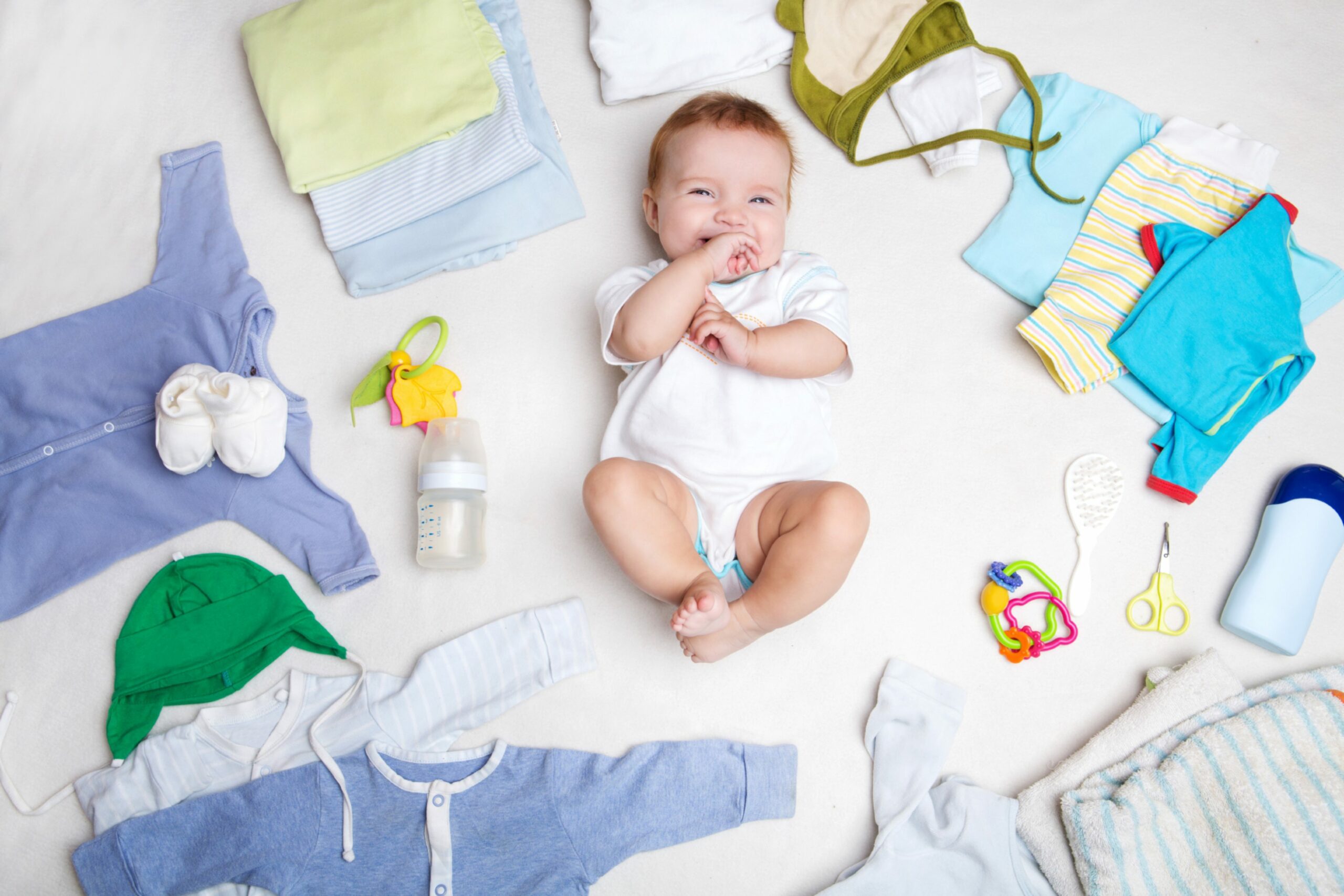At 43, I became a carer for my parents.
My mother was terminally ill, and my father was reliant upon her for personal care she could no longer give. Already a parent, I found myself one of over 1.3 million “sandwich” carers currently living in Scotland, England and Wales – the term used to describe those who simultaneously care for young children and elderly parents.
Although my mother died within a year, my father continued to need close care in order to remain safe and independent in his own home. There was never an explicit agreement that I would continue caring for him. It just happened.
For the next eight years, that’s what my little family did. Then, just before my son turned 15, we moved to Orkney. Deciding to do this wasn’t easy. I felt like I was abandoning my father. But I’d been a carer for my parents for two thirds of my son’s life; I wanted a chance to just be his mother, before my time of motherhood was gone.
I’m lucky. We’re fortunate that my father has savings to pay for daily care. But if I thought it would mean I’d no longer be a carer, I was wrong. This winter, he was admitted to hospital three times with pneumonia, Covid, and sepsis. On one occasion, he was put on an end-of-life pathway. Every hospitalisation has involved facing the realistic possibility that he may not recover. “He’s 93,” the doctors tell me, as if I don’t already know.
Throughout each stay, I’ve been there, either in person or advocating on the telephone with doctors, nurses, occupational therapists and social care teams. This is the other part of unpaid caring – the constant demand of advocacy, often just to get the care that is needed.
Remarkably, he has recovered, though with each admission there has been a reduction in independence and a step-up in care. But at least he was able to go home. Four in 10 hospital beds are taken up by those who are medically cleared but unable to find in-home care or a community care bed. More reliance is placed upon family members to fill the gap.
44% of carers are living in poverty
Even at a distance, the “white noise” of caregiving is ever-present; the worry that he might have fallen, injured himself, or just be sick or confused. Any concern, and I’m on the ferry again.
As I live with chronic illness, travel means having to rely on my husband to drive, or flying the 860-mile round trip. Every journey leaves me exhausted. Several times, I’ve got stuck on the other side of the water, adding accommodation fees to the already exorbitant travel costs and days of lost work.
Even with the small island travel discounts, the costs of care still take a third of our household income. As a lower earning family, reliant on self-employment, that is hard.
I am not unusual. A total of 44% of working-age adults who are caring for 35 hours or more a week are in poverty. Carer’s allowance is currently £76.75 per week, and available to those who care for a minimum of 35 hours. It’s the lowest benefit of its kind, income-linked, and taxable. Yet, 2021-22 figures show that unpaid carers across the UK put a staggering £175 billion a year into the economy. Carers need to have their contribution recognised.
With a demographic swing towards an older population, there simply aren’t enough carers out there. The number of vacant posts in adult social care increased by 52% in one year – the highest rate on record. Things are only going to get worse.
Carers are struggling and need much more support
On December 4 last year, Home Secretary James Cleverly announced five key changes to migration laws affecting family and skilled worker visas. Top of the list, rolling out in March, is a ban on overseas care workers bringing immediate dependents (partners and children) with them. This will directly reduce the number of paid carers working in the UK. By default, this will mean more people taking on the role of unpaid carer for loved ones.
Of the total 5.5 million unpaid carers listed in the UK, women outnumber men. The same imbalance is repeated in paid care, with approximately 81% of those working in the adult social care sector being women over 45.
It’s simply assumed that we will provide what is needed, and mostly we do, because we love the person, and what other choice do we have
Intentionally or not, the recent government ruling will impact women more than men.
It’s simply assumed that we will provide what is needed, and mostly we do, because we love the person, and what other choice do we have? The reality is that it’s physically, emotionally and financially exhausting.
We need real support and changes in social infrastructure. We need to make care visible, and give proper recognition of the essential service all carers provide.
Meanwhile, I wait by the phone and hope we make it through to summer this year.
Victoria Bennett is an award-winning poet and author living in Orkney



Conversation